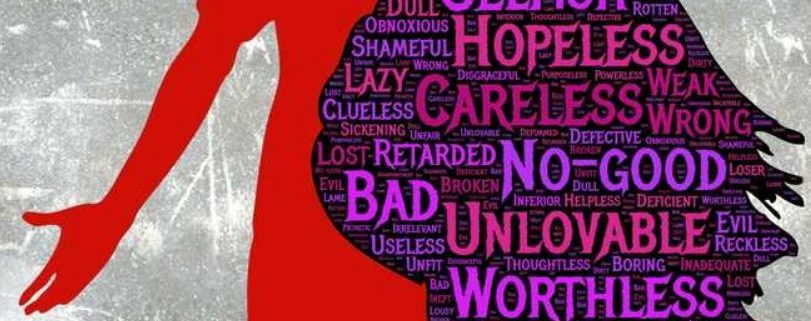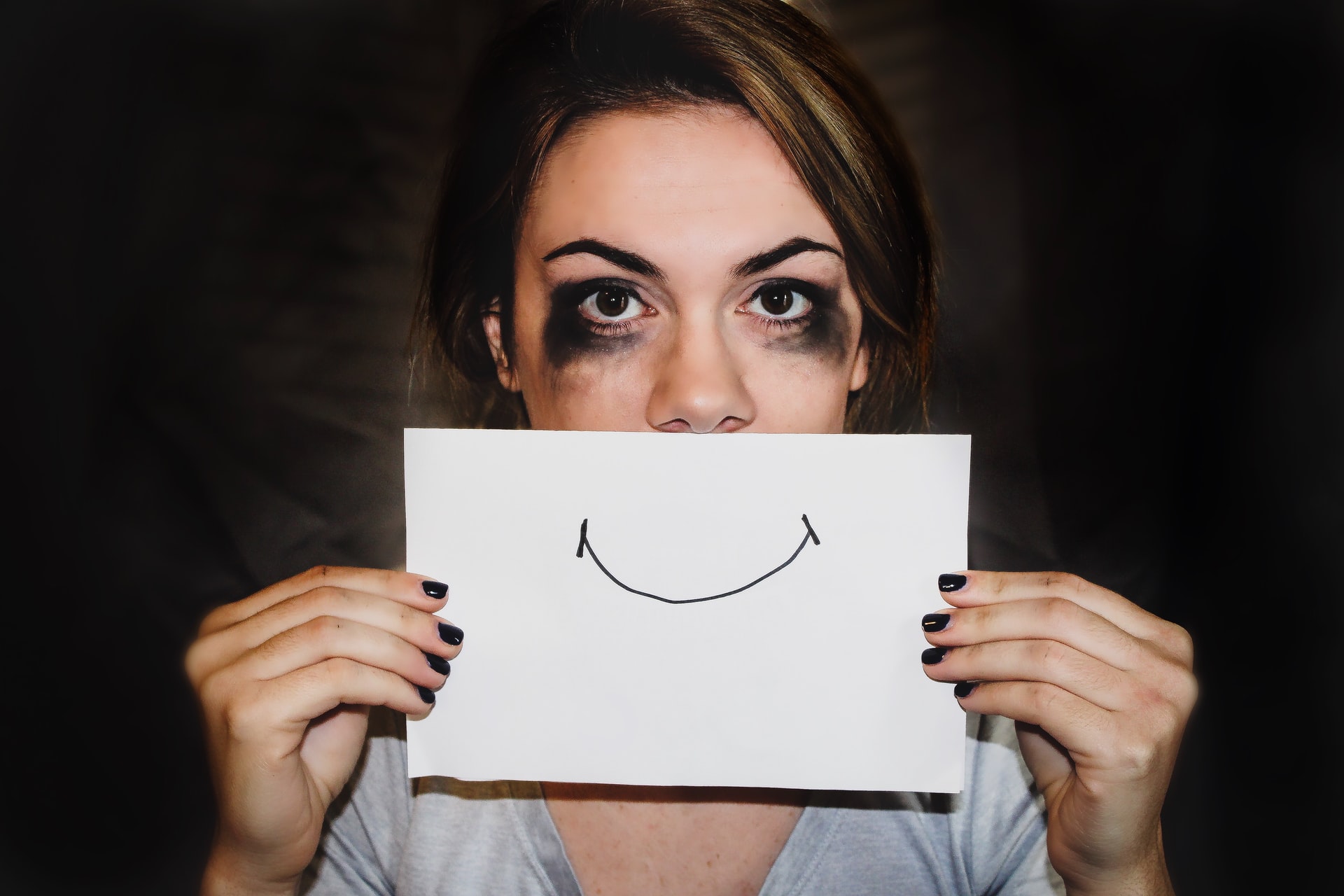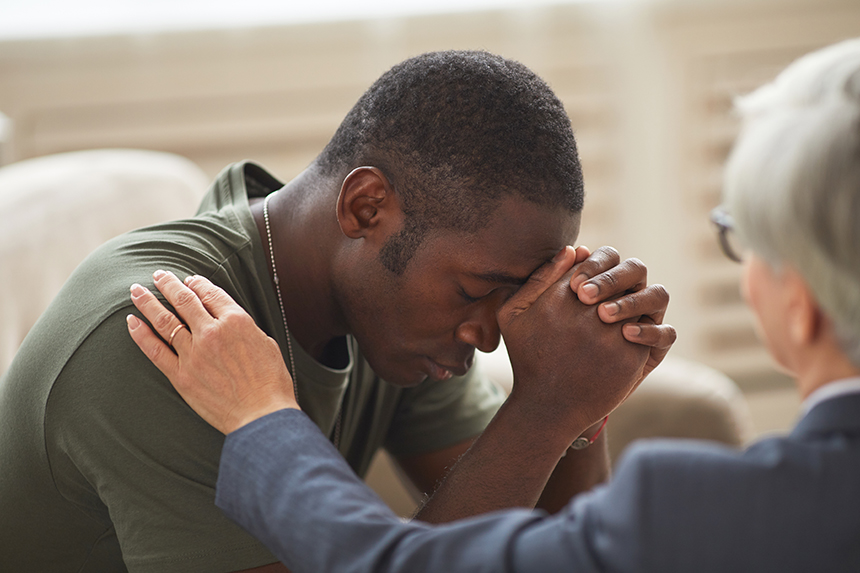Understanding Self-Blame: Why Do Victims of Abuse Blame Themselves?
Did you know that 7 to 8% of the population will experience post-traumatic stress syndrome at some point in their life? It’s important to remember that the trauma that causes this condition is never the victim’s fault. Unfortunately, one of the main symptoms of PTSD is self-blame.
This is troubling because self-blame can lead recovering victims down a dark mental health path — one that can lead individuals to self-harm. So why is it that victims of abusive situations blame themselves for the actions of others? In this article, we’ll help explain where this blame comes from and what you or your loved ones can do to address it. Let’s get started!
Where Does Self-Blame Come From?
It’s important to remember that self-blame isn’t always a bad thing. When we hurt others self-blame can make us acknowledge the hurt we’ve caused. From there we can learn from our mistakes and try to be more empathetic in the future. In this way, self-blame can make us more human.
Unfortunately, there’s a tendency for people suffering from middle to complex trauma to blame themselves for abuse. This is a problem because they often do it when they objectively were not responsible for it. This type of toxic self-blame can happen to any victim of trauma. However, it’s particularly prevalent for survivors of sexual and physical abuse.
Why is this? Well, in many of these cases the abuser is a loved one — a family member or a partner. Generally, these individuals are supposed to protect the victim. So, when they do the opposite, the blame tends to fall (incorrectly) on the victim instead. There is also the societal factor to consider.
As we will see, society often teaches victims of sexual abuse that their trauma was avoidable. So, self-blame related to trauma comes from a variety of different places. To understand in more detail let’s take a closer look at five common reasons why victims blame themselves.
Five Reasons Why Victims of Abuse Often Blame Themselves
The real reason why trauma victims self-blame isn’t always easy to find. In many cases, it can take months or years of trauma group therapy to find. However, some popular reasons are often cited. In this section, we’ll briefly dive into each of these.
1. Manipulation or Gaslighting From Partners
Many of the self-blame cases dealing with domestic abuse arise from instances of manipulation or gaslighting from the abusive partner. Often these individuals fail to take responsibility for their actions.
Instead, they will shift the blame onto the victims. Or, worse, they’ll convince the victim that the abuse isn’t even happening. This can be heightened when the abuser is considered nice by other people. This allows both the abuser and their peers, to downplay any of their actions. As a result, the victim blames the next most logical person: themselves.
2. Victim Blaming
Victim blaming is one of the plagues our society suffers in regards to sexual abuse trauma. This occurs when individuals blame the victim for their assault instead of the person that committed the assault. You’ve likely seen this type of blaming from family members, social media accounts, and even the media. Here are some of the common victim-blaming phrases you’ll hear:
- “Why were they dressed like that?”
- “Why were they drinking?”
- “They shouldn’t have given mixed signals.”
It’s not hard to see why a victim would blame themselves after hear such awful comments. Unfortunately, when people hear that bad things happen to someone, their first instinct is to see the person as a bad individual. Indeed, a landmark psychological study seems to confirm this.
3. Toxic Self-Criticism
Toxic self-criticism is especially prevalent in childhood victims of trauma. This symptom occurs when individuals are unfairly blamed, or held to impossibly high standards.
This results in an internalized judgment that arises in the form of a negative voice. This negative voice tells the victim thing like “you’re bad” or you’re worthless”. The result is heightened self-blame and incredibly low self-esteem. When the victim’s standards are raised impossibly high, then it can even be debilitating.
4. Poor Self-Care
Victims of abuse often don’t take proper self-care measures after their trauma occurs. Often this is because they feel unworthy of any sort of care. Or, it’s because they’re forced to care for others and, as a result, don’t have time to care for themselves.
If left unchecked, then this lack of self-care can quickly turn into self-harm. In the victim’s mind, they often see themselves as deserving of punishment, even when they’re not.
5. Chronic Feelings of Anxiety, Guilt, and Shame
People who struggle with trauma and the self-blame that accompanies them often experience heightened emotional states. The most common emotions are also some of the most painful ones: anxiety, guilt, and shame. Typically, these emotions when the person is alone or not seeking therapy.
When isolated in your head, it’s easy to begin overthinking your trauma. This causes the chronic emotions to only get worse. If you want to learn more about the effect that self-blame has on the brain and emotions, then make sure to check out this article here.
Need Help Addressing Trauma? Contact Solara Mental Health
We hope this article helped you understand why victims of trauma often experience self-blame. Whether you suffer from PTSD yourself, or someone you love does, treatment is an essential part of healthy recovery. Unfortunately, finding a mental health treatment center that you can trust is often difficult.
However, if you live in the Southern California area, then look no further than Solara Mental Health. We believe in combining progressive psychotherapy with holistic life advice. This allows our patients to address the trauma in their lives while also learning healthy coping practices. If you’re ready to get the help you deserve for your PTSD, then make sure to get in touch with us today.




